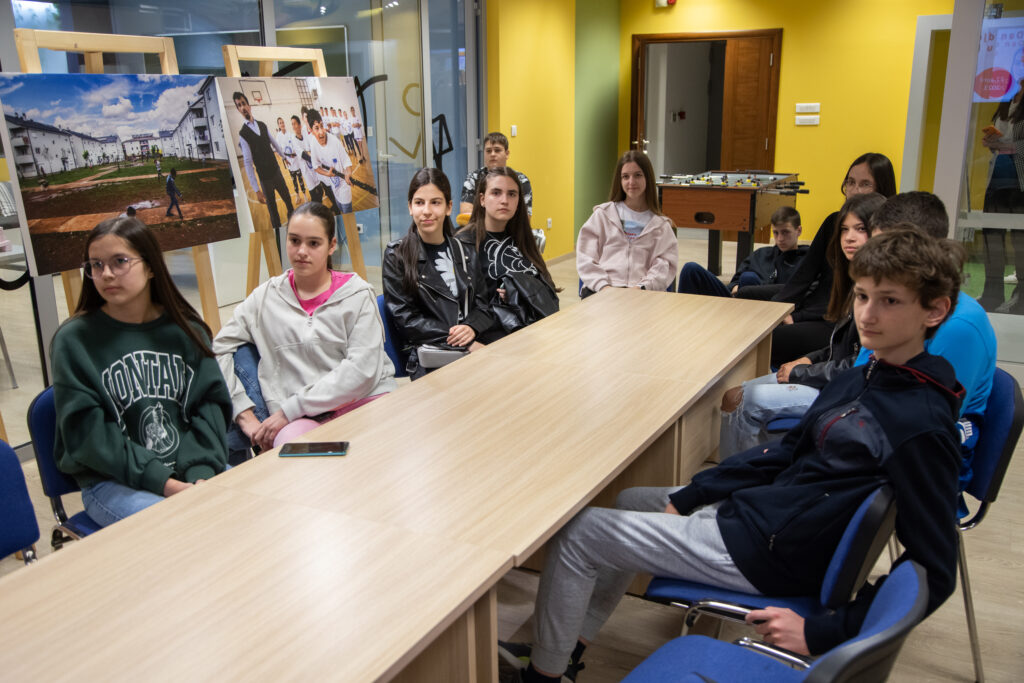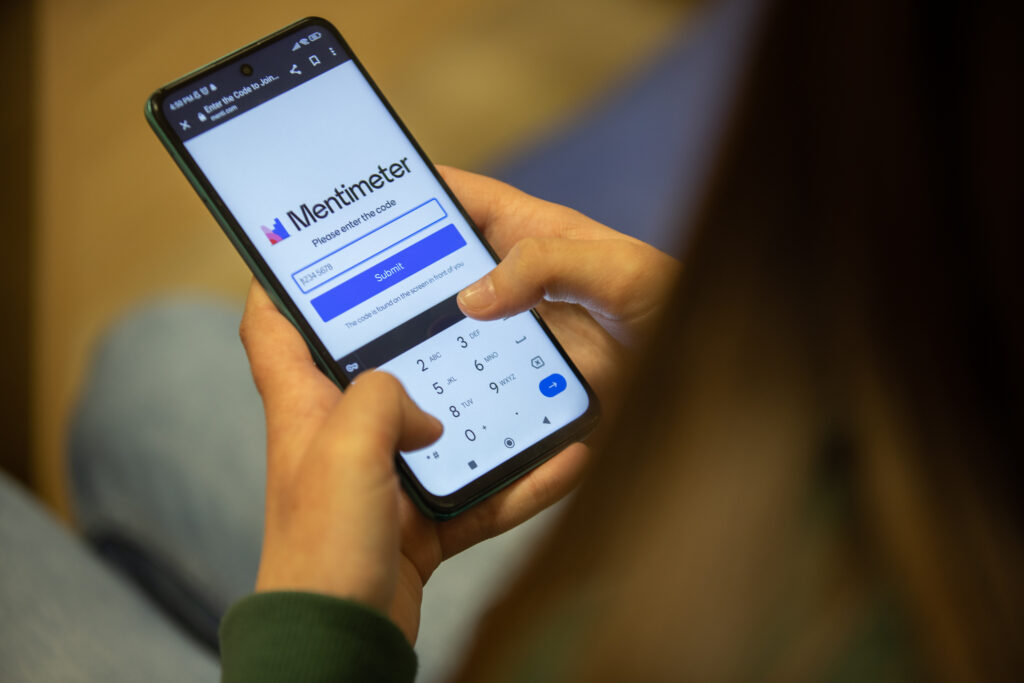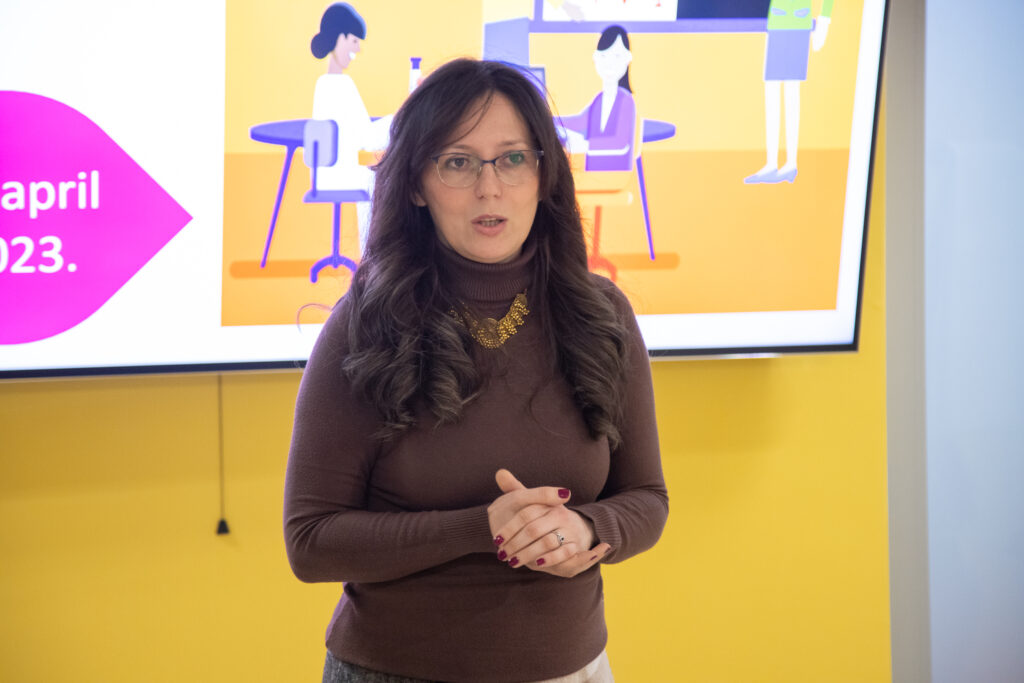Every superhero has an origin story. Sofija Ceranic is one of those superheroes. She is a young roboticist and a ninth-grade student from the Pavle Rovinski elementary school. Sofija has her own story on how girls become superheroes.
First, you start taking a robotics course and becoming a multiple national champion in robotics with your friends. You represent your country at the First Open Lego League world competition, which was held in Lebanon in 2019. Constantly work on your creativity, productivity, and education. And that is how you become a superhero.
Like Sofija, Dunja Markovic, who is a programming student, is already exploring the waters of ICT even though she is still in elementary school. Examples like Dunja and Sofija, along with many other bright girls, prove to the world that information and communication technologies and STEM fields are not exclusive to men.
Because of them and for them, Europe House marked International Day of Girls in ICT with a workshop on digital skills in line with the European year of skills. Students from the elementary schools Oktoih, Pavle Rovinski, and Milorad-Musa Burzan learned about the different types of programming and their advantages and disadvantages.
They learned about the elements of block, standard, and object-based programming. An easy-to-use app for making phone applications was also presented to the students.
“During the workshop, we tried to break down some of the stereotypes revolving programming. The goal of this workshop was to introduce children to the historical role of women in the development of programming, electronics, and robotics. On the other hand, we tried to get rid of some prejudices, like the one that says you need to be a good mathematician in order to be a good programmer,”
said Ivana Ivanovic, professor of mathematics and informatics who held the workshop.
ČEK workshop was held in line with European year of skills.
Why a European Year of Skills?
Having a workforce with the skills that are in demand contributes to sustainable growth, leads to more innovation and improves companies’ competitiveness. Skilled workers enjoy better job opportunities as well as broader possibilities to fully engage in society. This is key to ensure that the economic recovery as well as the green and digital transitions are socially fair and just.
The European Year of Skills puts skills centre-stage. Helping people get the right skills for quality jobs and helping companies, in particular small and medium enterprises, address skills shortages in the EU is what this Year is all about.
How? By showcasing skills development opportunities and activities across Europe, by fostering easier recognition of qualifications across borders, by bringing organisations and people together to share their experiences and insights, and setting out how EU initiatives and funding possibilities can help.
Events and awareness-raising campaigns will happen across the EU.
Get inspired, get involved, get skilled.



